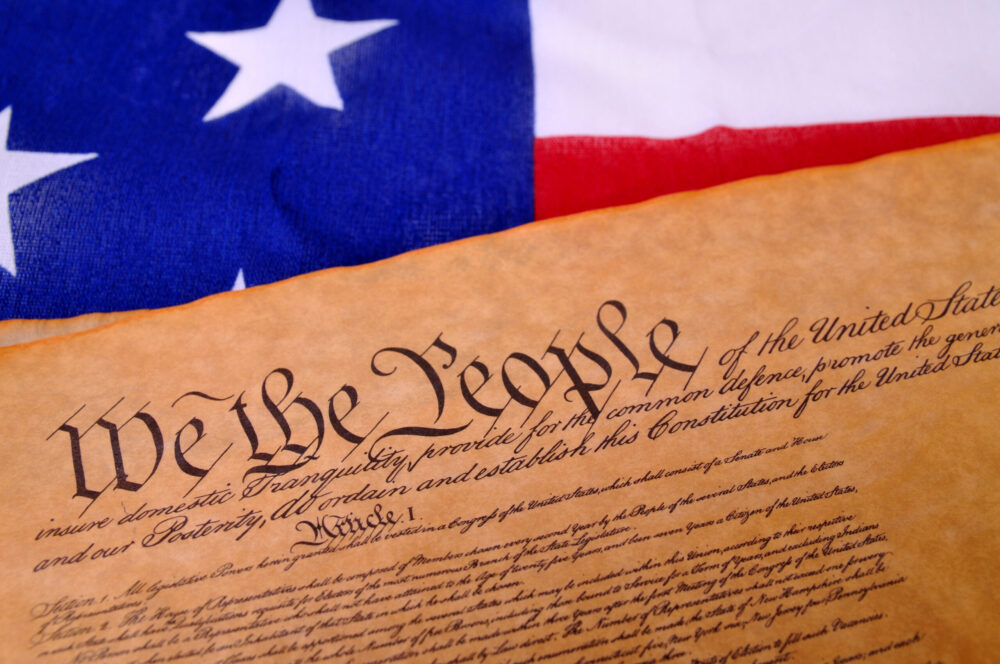A former University of Tennessee (UT) pharmacy student expelled for posting to her personal Twitter account racy lyrics to Cardi B’s hit song WAP will be paid $250,000 by the school after filing a lawsuit against the public university claiming the school violated her right to free speech.
The controversy began in 2020 when Kimberly Diei, a graduate student pursuing her Doctor of Pharmacy degree, shared lyrics from the song WAP on her personal Twitter (now X) account under the pseudonym “KimmyKasi.” Diei participated in a trending discussion, contributing her twist by crafting her own rap lines as a fun engagement activity. One of her posts stated, “I got that WAP he give gwap so that he can get a lick. He ain’t my pops but I call him DAD cuz he got that dop a** d**k.”
Related Article: Indiana University Board Revises Controversial Expressive Activity Policy
For context, WAP by Cardi B and Megan Thee Stallion was not without its share of controversy. Its explicit themes sparked widespread debates about appropriateness and artistic freedom. Diei’s tweet, while aligned with the song’s tone of playful self-expression, drew scrutiny from UT Health Science Center’s administrators.
University of Tennessee Administrators Conducted 2 Investigations into Diei’s Posts
The university found her posts to be “crude,” “sexual,” and “vulgar,” launching two separate investigations into her actions. This would spark a legal battle that questioned the extent to which a public institution could—or should—regulate students’ off-campus behavior.
At the core of UT administrators’ objections was an alleged violation of the school’s professionalism standards. Diei’s posts, they argued, fell short of the image expected of a future healthcare professional.
The university’s Professional Conduct Committee highlighted concerns that Diei’s online expression could reflect poorly on the pharmacy school’s reputation and that it failed to align with the professional behavior expected of pharmacists. Based on these conclusions, the committee voted to expel her from the program.
Student Argued UT Violated the First Amendment
Diei pushed back, arguing that the university violated her First Amendment rights. She maintained that her social media activity, conducted outside the classroom and unrelated to her professional duties, had no direct bearing on her ability to excel as a pharmacy student.
Supported by the Foundation for Individual Rights and Expression (FIRE), Diei filed a lawsuit in 2021 against UT. She alleged that the school’s actions represented an overreach by a public institution into her personal life.
Related Article: Pro-Israel Columbia University Professor Barred from Campus for ‘Threatening Behavior’
Reflecting on her experience, Diei remarked, “I enrolled in pharmacy school to learn, not to have my taste in music and my thoughts on culture policed,” she told FIRE.
“You’re entitled to a personal life, even if you’re a working professional,” she told USA TODAY.
Diei’s legal battle culminated in a ruling from the U.S. Court of Appeals for the Sixth Circuit in September 2024. The court affirmed that Diei’s speech was protected under the First Amendment. It ruled that her posts caused no disruption to the institution and therefore could not justify disciplinary action. The ruling reversed an earlier decision in August 2023, when a district court dismissed Diei’s lawsuit.
The settlement between UT and Diei was announced last week.
Administrators Might Be Held Personally Accountable for Violating Free Speech Rights
The settlement awarded Diei $250,000, signaling broader consequences for the university. The case disrupted the practice of “qualified immunity,” opening the door for public university administrators to be held personally accountable for violating students’ rights to free speech. She now can go after the administrators who voted to expel her for damages personally, if she so chooses.
Related Article: University of California Bans Encampments, Masking, and Blocking Paths
One of Diei’s attorneys, Greg H. Greubel, emphasized the landmark nature of the ruling, stating, “This should make administrators at public universities think twice before interfering with students’ personal lives or policing their online expression,” reports Indy100.







